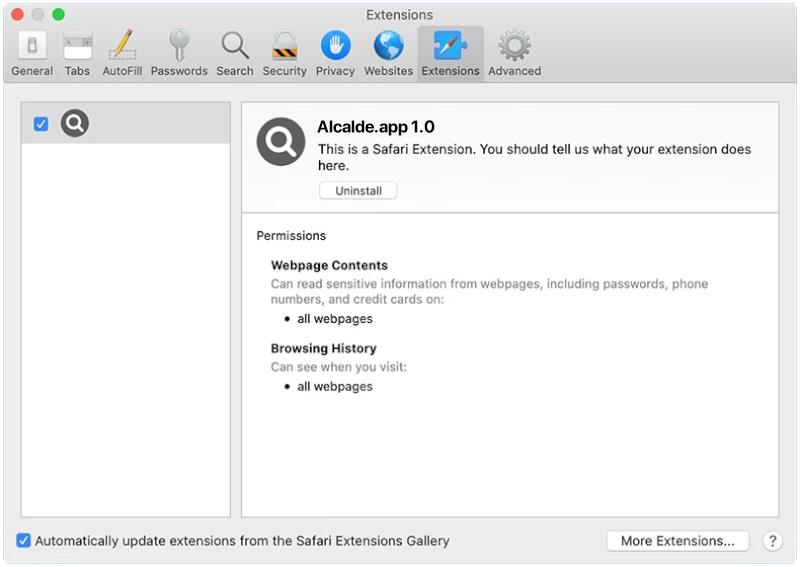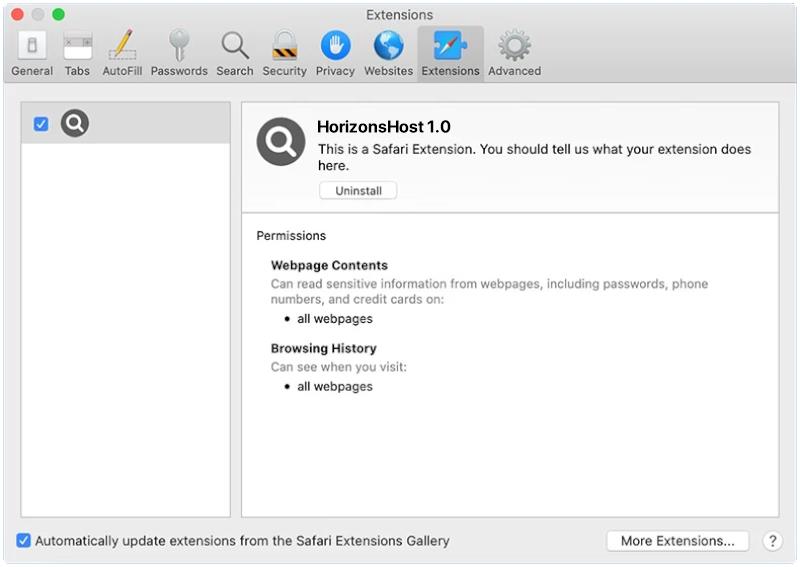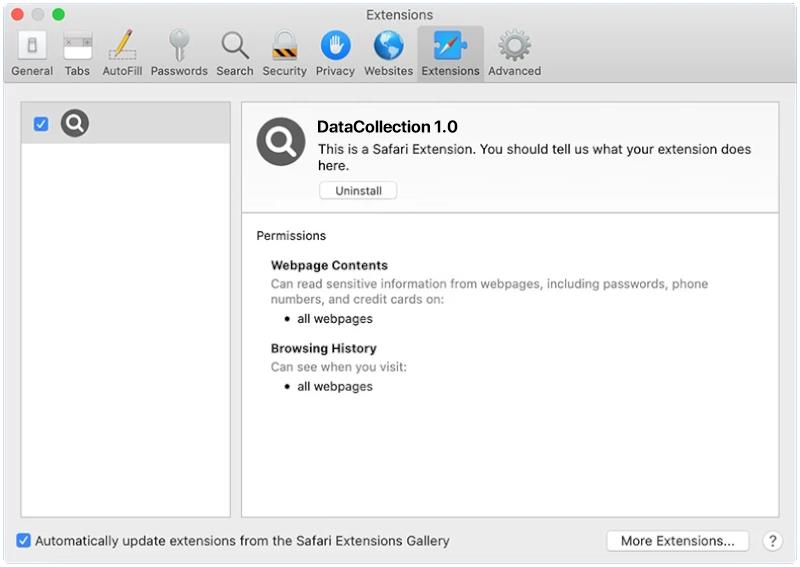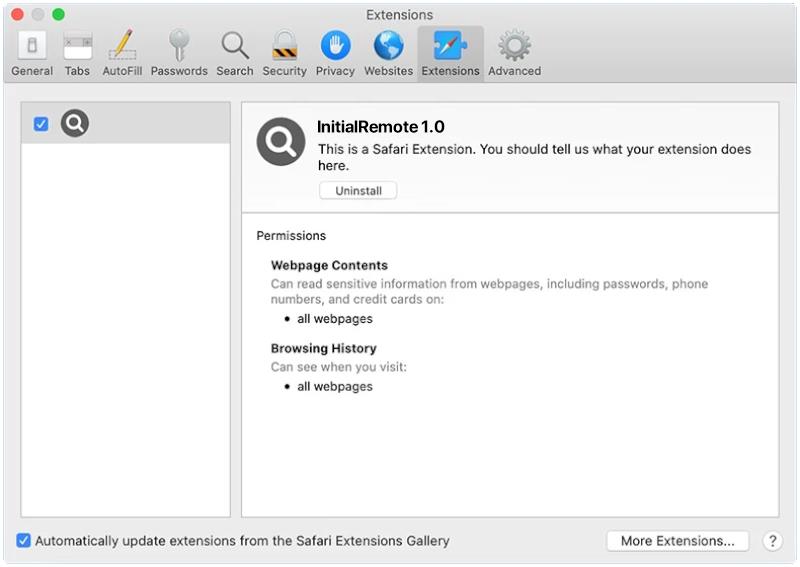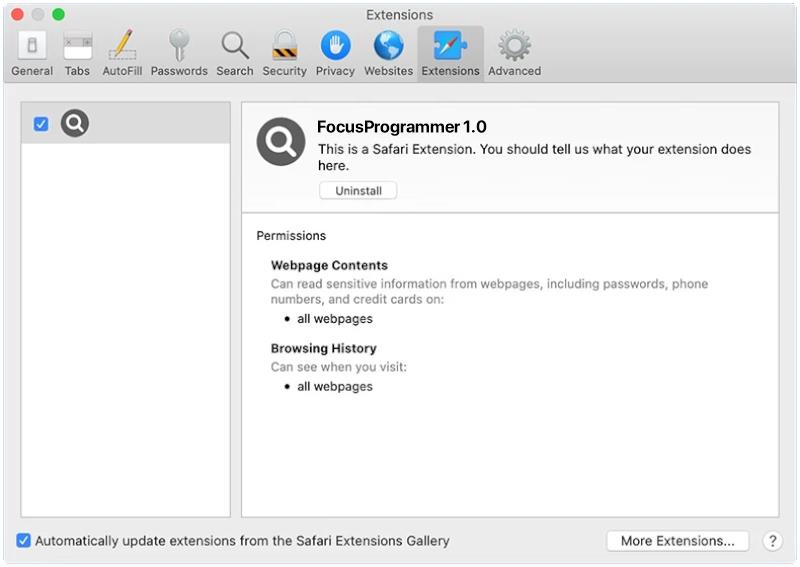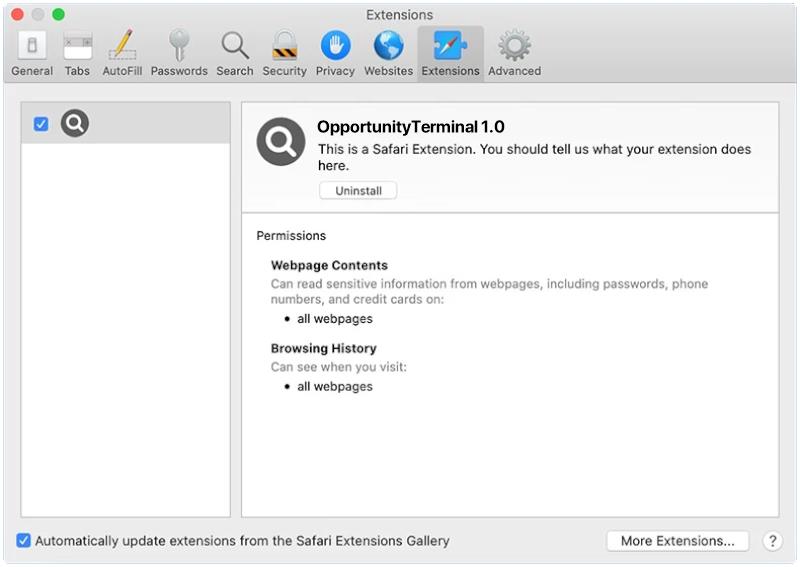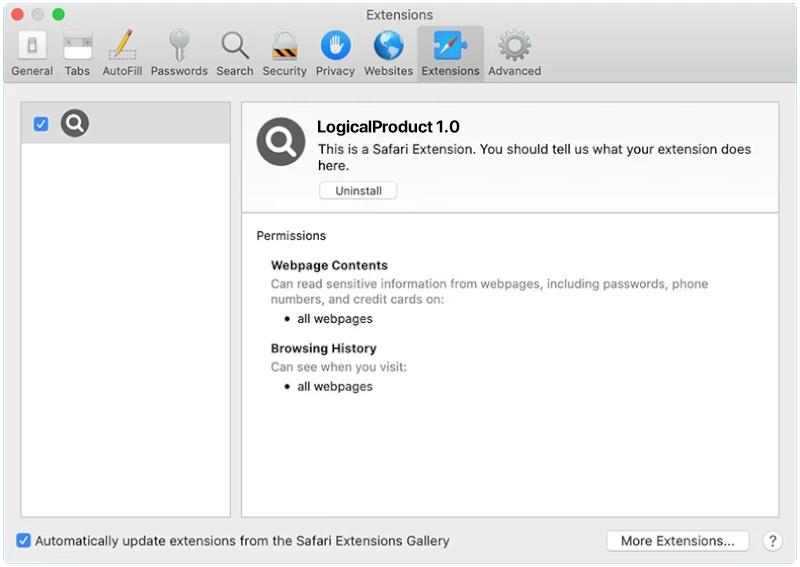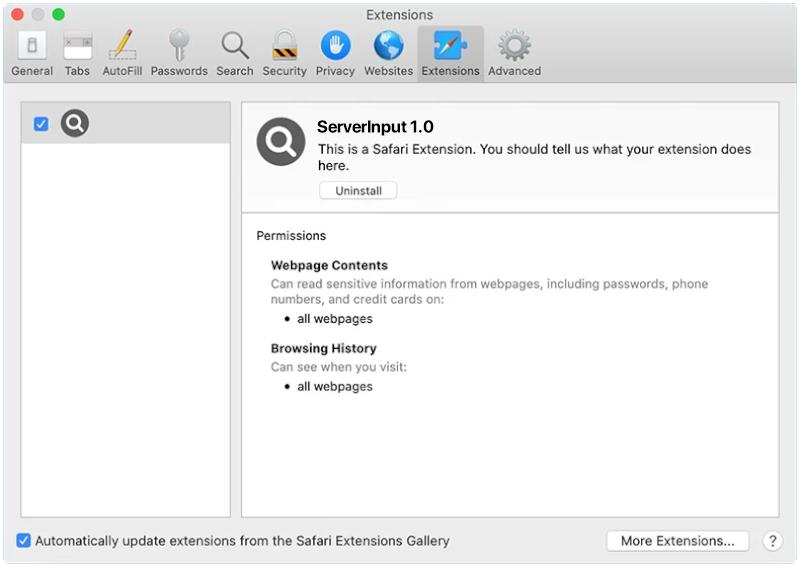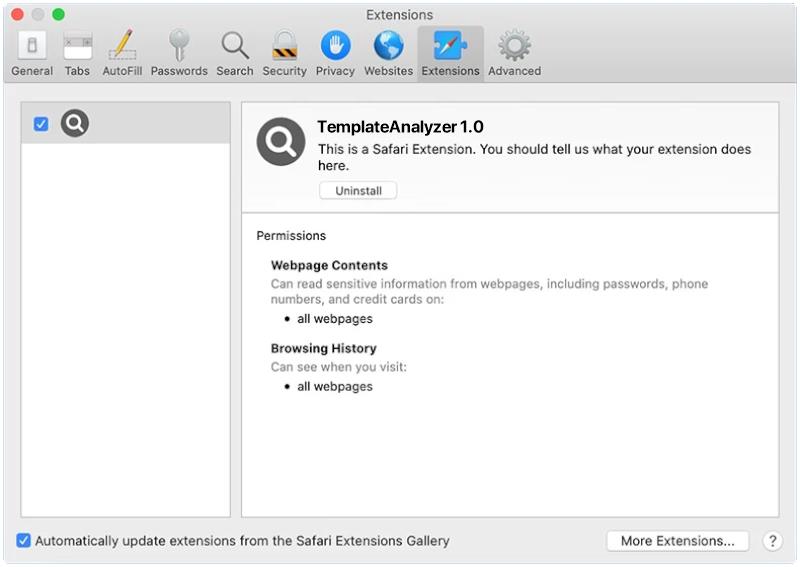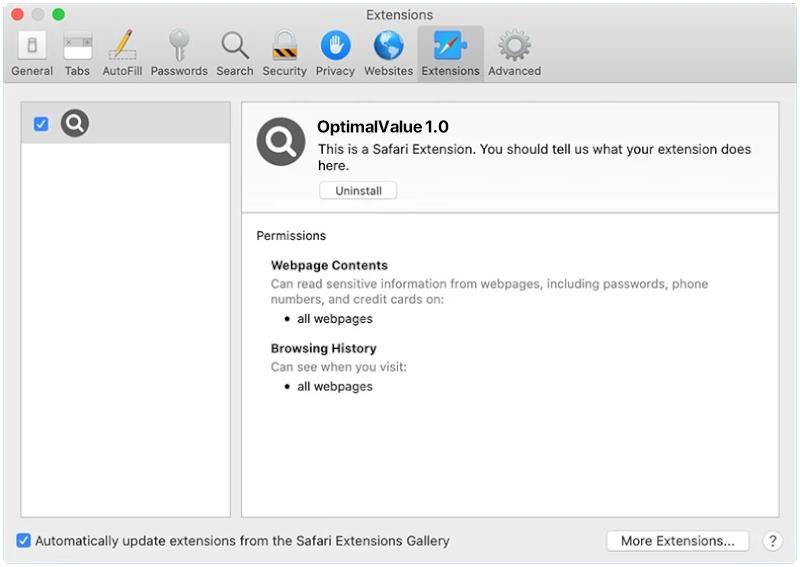Alcalde.app is a potentially unwanted program (PUP) that targets macOS devices. It is classified as adware, which means that it displays intrusive advertisements and collects user data for marketing purposes. Alcalde.app typically infiltrates Mac computers through software bundling, where it is included in the installation package of other free applications. Users may inadvertently download and install Alcalde.app when they do not pay close attention to the installation process and agree to install additional software.
Once installed, Alcalde.app displays various types of advertisements, such as pop-ups, banners, and in-text ads, on the affected Mac device. These ads can be highly disruptive and annoying, causing a poor user experience. Additionally, Alcalde.app may track the user’s browsing activities, search queries, and other online behavior to collect data for targeted advertising. This invasion of privacy is a major concern for users, as their personal information may be shared with third-party advertisers without their consent.

